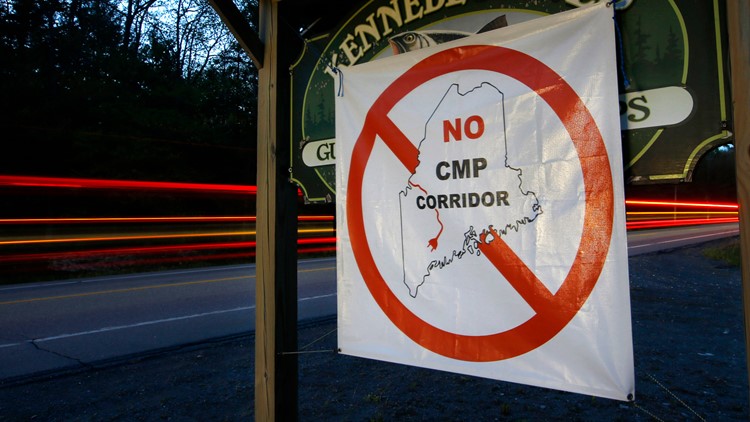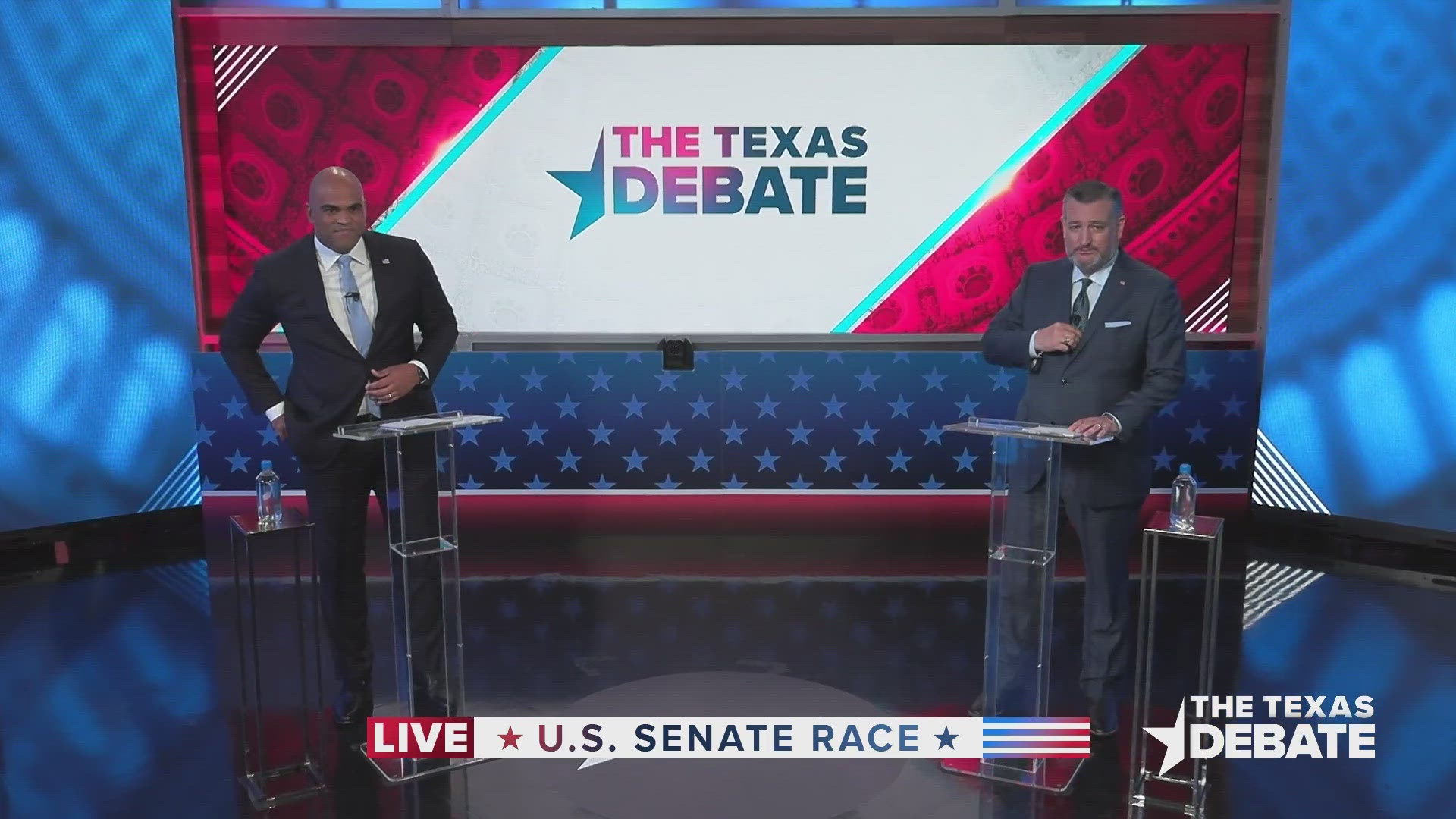AUGUSTA, Maine — The citizens’-initiated Resolve “To Reject the New England Clean Energy Connect Transmission Project” will not appear on the Nov. 3 ballot, Maine Secretary of State Matthew Dunlap announced Friday.
The Maine Superior Court Friday issued its declaratory judgment that the citizens’ initiative “fails to meet the constitutional requirements for inclusion on the ballot because it exceeds the scope of the legislative powers conferred by … the Constitution.”
The declaratory judgment follows the Maine Supreme Judicial Court’s decision on August 13, 2020, finding that the transmission project initiative “is unconstitutional and cannot be submitted to the electors for popular vote.”
Secretary of State Matthew Dunlap had finalized the November ballot question as:
“Do you want to require the Maine Public Utilities Commission to reject a previously-approved proposal to construct the New England Clean Energy Connect electrical power transmission line through western Maine?”
However, the Maine Supreme Court said in its decision that because Dunlap had expressed his willingness to heed a clearly stated declaration from the court, the court sees no necessity for injunctive belief and the question will no longer be on the November ballot.
The Supreme Judicial Court ruled Friday that the NECEC initiative “exceeds the scope of legislative powers” granted to the people in the Maine Constitution, as the initiative does not propose legislative action, but rather a reversal of an administrative decision made by a State commission and upheld by the Court on appeal. Therefore, the initiative does not meet the constitutional prerequisite that an initiative be legislative in nature, the court ruled.
Based on this decision and the final declaratory judgment, Dunlap will not be including the initiative question on the Nov. 3 ballot, as the court decision supersedes the department’s previous finding that petitioners had gathered enough signatures to qualify for the ballot.



